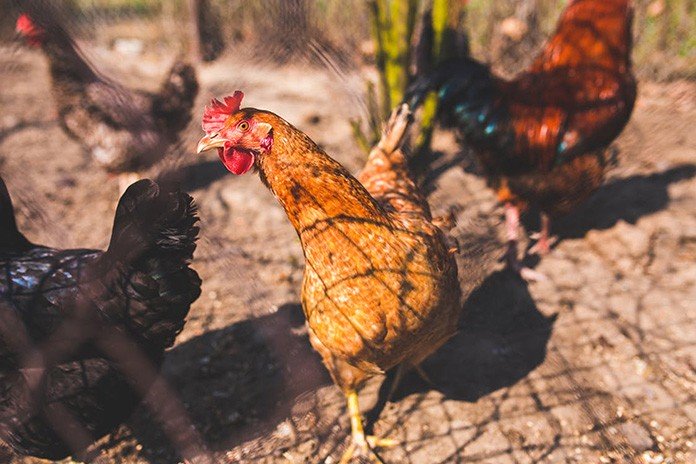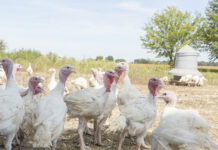
France has raised its national bird flu alert level from moderate to high, requiring all poultry farms to keep birds indoors, as authorities respond to new outbreaks and a wider resurgence of avian influenza across Europe.
According to the French Ministry of Agriculture, the decision — published in the government’s Journal Officiel — follows “evidence of infection among migratory wild birds in Europe, including France, and the confirmation of several outbreaks in poultry farms.”
So far, French authorities have confirmed two outbreaks in commercial poultry farms and three in backyard flocks, in addition to earlier detections in wild birds. The first farm case this season was reported in mid-October at a pheasant and partridge breeding facility in Pihen-lès-Guînes, near Calais in northern France.
The ministry’s decree mandates that all poultry and captive birds be confined indoors nationwide to prevent contact with migratory birds — a measure that has become standard during periods of heightened risk.
Earlier activation than in previous years
The government noted that this escalation to the “high risk” level has been implemented earlier than in previous years, taking effect in October compared with November in 2024 and December in 2023. The early timing reflects increased vigilance following early signs of viral circulation among wild birds along migratory routes.
A recurring seasonal threat
Highly pathogenic avian influenza (HPAI), or bird flu, is a seasonal disease transmitted mainly by migratory birds. Over recent years, it has caused the culling of tens of millions of poultry worldwide, disrupting production, trade, and supply chains, and raising concerns over the virus’s potential to infect humans.
France — Europe’s largest poultry producer — has been at the forefront of efforts to control the spread of the virus. The country launched its third annual vaccination campaign earlier this year, focusing primarily on duck farms, which are considered among the most vulnerable to infection.
The new alert level will take effect on Wednesday, 22 October, and will remain in place until the risk of transmission declines.
Source: Reuters

















